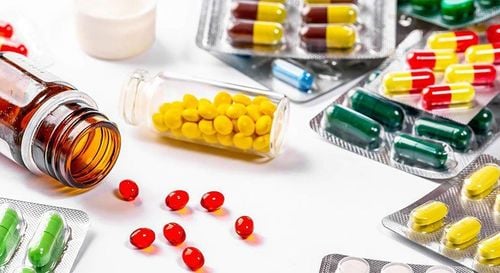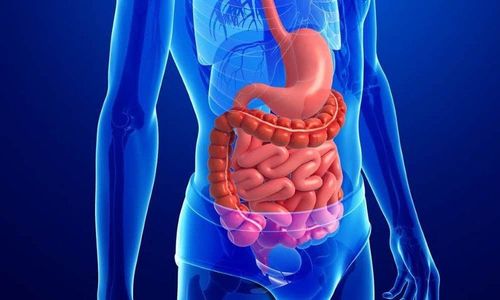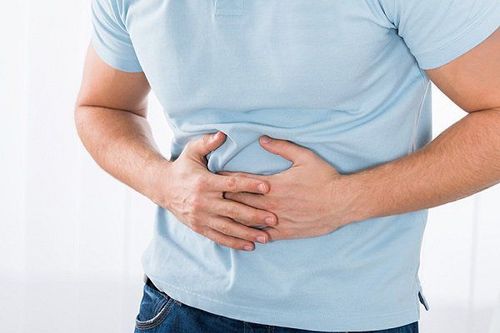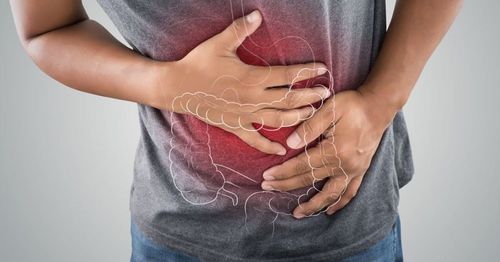This is an automatically translated article.
The article is written by Master - Doctor Mai Vien Phuong - Head of Gastrointestinal Endoscopy Unit - Department of Medical Examination and Internal Medicine - Vinmec Central Park International General Hospital.Postoperative gastrointestinal fistulas can occur after any abdominal procedure that involves the gastrointestinal tract. Regardless of the cause, leakage of intestinal fluid initiates a variety of conditions: Local infection, abscess formation, and fistula formation (considered as a consequence of centralized infection).
1. Postoperative gastrointestinal leak rate
Any suture, a floating mouth in the digestive tract can also be deflated, broken. Swollen, poop can sometimes be predicted during surgery, sometimes it happens unexpectedly. Therefore, after surgery with stitches and floating mouth, they must be monitored daily, in the morning or afternoon or several times a day. Depending on the condition of the gastrointestinal tissue around the suture or the place where the mouth floats, good or bad, depending on the clean or dirty abdominal cavity, the ability to leak and poop is different.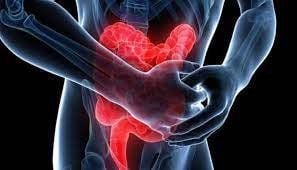
2. Gastrointestinal leak time
It usually occurs on the third and fourth day after surgery, but also on the sixth or seventh day, but less often. Therefore, with sutures or open mouth surgery, the patient is usually discharged on the eighth day, after the suture is removed from the abdominal wall incision. Leaks may occur later. Gastrointestinal fluid through the puncture site to form a collection of fluid or an abscess. At some point, a collection of fluid or an abscess that finds a way to drain the pus out will form a fistula.3. Prevention before surgery
Nurturing: If the patient's general condition is good, the preparation is relatively simple. However, for elderly patients, patients with nutritional disorders, anemia, cancer patients who come in late stages, nurturing work is very important. Good or bad feeding determines the outcome of surgery.Bowel cleaning: With all non-emergency gastrointestinal surgery, in the 3-4 days before surgery, you must eat light and then eat liquid. The day before surgery must fast and defecate. If surgery in the colon, the preparation for surgery must be more strict, fasting and enema for many days. Many studies have demonstrated that the protrusion of oral fistula is much lower in the group of patients with well-prepared colon than in the group of patients who are not well-prepared. Today, with Fortrans (oral colon lavage), bowel preparation is simpler and patients are less fatigued.
4. Prevention in surgery
Open the small intestine above the mouth to the skin. If during surgery it is found that the anastomosis is unsafe, because the intestinal tissue where the suture is raised is not well nourished or because the intestinal lumen is not clean, the bowel can be opened above the skin suture line, drained through a catheter or complete drainage. If sutured, the colonic anastomosis can drain into the ileum or the cecum. Intestinal drainage makes the abdomen less/less distended. Intestinal distention is one of the causes of slurred speech. Artificial colostomy: If the anastomosis in the iliac colon or rectum does not ensure a good level of healing, an stoma can be made in the transverse colon. This colostomy is closed after 2-3 weeks, not longer. For a long time, it will affect the patient's life and psychology. In addition, when left for a long time, it will often be more difficult to close. Intraoperative colonic lavage :Recently, it is common to wash the colon during surgery if stool is found in the colon. Cut the colon in half above the obstruction, insert a large catheter through the colostomy, push it upward (this tube is used to remove loose stools) and remove the appendix. Through the cecum at the base of the appendix, a Malecot tube is inserted into the cecum. Through this tube, drain about 10 liters of warm sterile water into the colon. This amount of water will expel stool from the cecum, ascending colon, transverse colon, and descending colon through the large catheter. This intraoperative colonic lavage method is widely used in emergency surgery for intestinal obstruction due to left colon cancer and has brought good results.
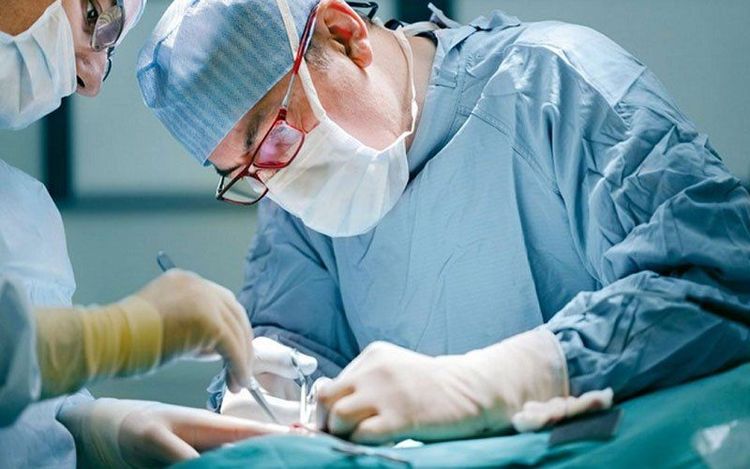
5. Prevention after surgery
Continuous gastric suction after surgery: Gastric suction makes the abdomen less bloated, less tense, the patient breathes easier, bowel circulation returns sooner. Rectal catheterization: After surgery in the colon, in the stomach, in the small intestine, if the abdomen is distended, a rectal catheter must be placed. It should be placed on the third day, when the abdomen begins to distended. The catheter must be inserted deep into the rectum. The tube should be large enough so that it does not become clogged with feces. Use of antibiotics: Cleanliness in the operating room, in the suture line, in the mouth is a very important factor in wound healing. Many works have proved that, when operating in the upper gastrointestinal tract, antibiotics are not really necessary, but when operating in the colon, antibiotics are required. Antibiotics are used after surgery. When necessary, use both preoperatively, intraoperatively and postoperatively. Good nutrition after surgery: In the first days after surgery, the patient fasts, and the intravenous line is the only way to nourish. Nutrition with protein solutions, blood transfusion in necessary cases. Good nutrition is conducive to the healing of the oral cavity, oral cavity, and avoids leaking from the mouth, causing peritonitis or re-fissure. Early mobilization: When possible, let the patient move immediately. In most surgeries, the patient can be active on the afternoon of the surgery. Start with gentle movements such as sitting up, legs hanging down on the bed. In the afternoon of the day of surgery, you can walk around the bed, after that, you can clean your body every day. All movements require the assistance of a nurse. Early mobilization helps blood circulation easier, bowels return sooner, incision heals faster, and reduces leakage.Above are some measures to prevent gastrointestinal leakage after surgery. Please follow the website: Vinmec.com regularly to update many other useful information.
Please dial HOTLINE for more information or register for an appointment HERE. Download MyVinmec app to make appointments faster and to manage your bookings easily.
References:Nguyen Dinh Hoi. Gastrointestinal fistula, Gastrointestinal surgery. Medical Publishing House 1994, 225-253. Nguyen Hoang Bac. Colonic lavage during surgery. Thesis of Master of Science in Medicine and Pharmacy, University of Medicine and Pharmacy, Ho Chi Minh City 1997. Nguyen Trung Tin. Duodenal fistula after traumatic surgery and duodenal wound: Clinical features and management attitude, Practical Medicine 2001, 401, 8:15-18. Nguyen Trung Tin. Pancreatic fistula after surgery: Clinical features and treatment results. Medicine HCMC 2001,5,4:46-50. Pham Huu Thien Chi. Evaluation of the results of treatment for cancer of the cardia and lower third of the esophagus by trans-diaphragmatic esophagectomy. Doctoral Thesis in Medicine, University of Medicine and Pharmacy, Ho Chi Minh City, 2008.





